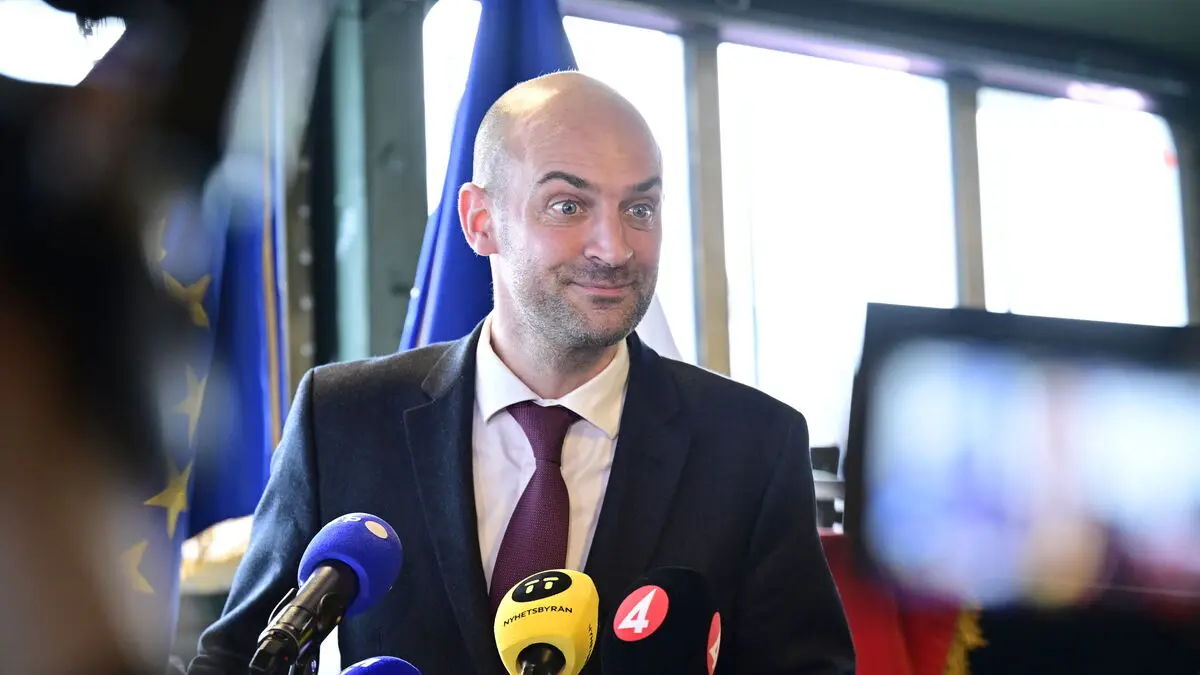With the architect behind the terrorist attack on Israel on October 7 - Yahya Sinwar - dead, there is an opening for Benjamin Netanyahu's fragile coalition government to declare victory in the Gaza War and initiate negotiations to bring home the hostages.
Yahya Sinwar was notorious for his fanaticism and brutality, and during the negotiations with Israel, he was stone-hard in his demands for a permanent ceasefire.
It is possible that another leadership (in Hamas) might now be open to compromising on certain principles in the negotiations, says Isabell Schierenbeck, political scientist at the University of Gothenburg and Middle East expert.
"Naive"
However, there are parties within Israel's coalition government that do not want to negotiate - instead, they see Sinwar's death as an opportunity to strike even harder against Hamas, and then continue with the same tactics against Hezbollah.
Isabell Schierenbeck sees both scenarios as equally likely. She notes that several factors can influence the outcome: Israel's promised retaliation against Iran after the major robot attack, the upcoming presidential election in the USA, the internal protests against the government in Israel, and the demand to free the hostages - as well as the question of who will lead the negotiations from Hamas' side.
For terrorism researcher Magnus Ranstorp, who has written a book about Hamas and has interviewed several of its leaders over the years, it is naive to see Sinwar's death as "the beginning of the end" for the movement.
The Goals Remain
The military part, the Qassam Brigades, has received a significant blow with the decapitated leadership. Moreover, Israel claims that tens of thousands of fighters have been killed. But Hamas is a multifaceted movement with collective leadership and a very strong social and religious activity, says Ranstorp.
Israel has actually only reached a part of Hamas' structure in Gaza, and it is not even totally decimated there. Hamas has a much broader presence and a leadership structure that makes it quite resilient.
Magnus Ranstorp also points out the possibility that certain issues may become easier to negotiate with someone other than Sinwar at the helm.
But the maximalist goal of an Islamic state in Palestine - which Hamas has trained hundreds of thousands of Palestinian youths in under ideological and military training camps over the years - is unwavering, he says.
Sinwar's death is an enormous setback, but they will lift themselves up gradually.






